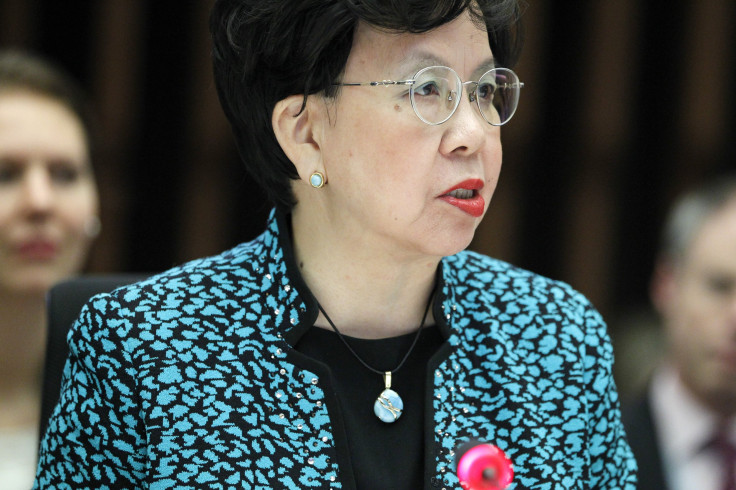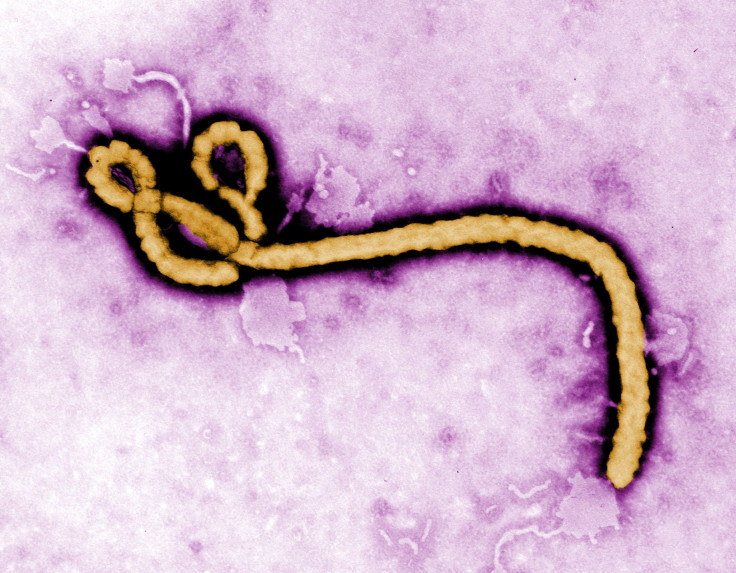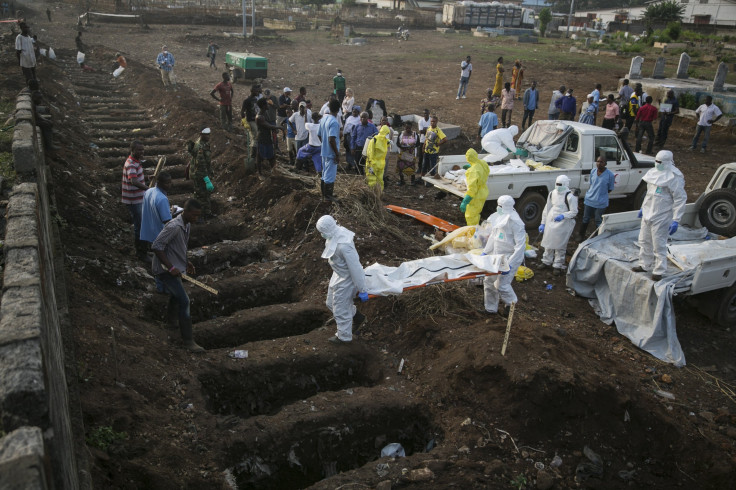Ebola Outbreak Not Over, World Health Organization Warns Amid Criticism That It Failed To Stop Deadly Epidemic

The Ebola outbreak that sparked a global panic has for the most part receded from headlines, but the threat is far from over, the World Health Organization cautioned Tuesday. The outbreak, which began in West Africa in the spring of 2014, “continues to constitute a public health emergency of international concern,” the organization said, a warning only heightened by the scathing conclusions, also released Tuesday, of a panel assessing the organization’s own response to the crisis as woefully inadequate.
Cases of the deadly virus in those West African countries most affected, Guinea, Sierra Leone, and Liberia, have dwindled in recent months. In May, the World Health Organization declared—prematurely, it would turn out—“The Ebola outbreak in Liberia is over.” A press release recalled scenes from the worst of the crisis, including “gates locked at overflowing treatment centers, patients dying on the hospital grounds,” before extolling various parties in the hard-earned victory over Ebola.
“Determination to defeat Ebola never wavered, courage never faltered,” the organization said. Elsewhere, it listed factors that “contributed to the success of Liberia’s Ebola response,” including “strong coordination of the international and national response,” even as it acknowledged that “international support was slow to start, but abundant when it arrived.”
But a new review of the World Health Organization’s response to the Ebola outbreak, in which more than 10,000 people died, contrasts sharply with this self-congratulatory tone, and instead faults the organization, contending that it should and could have done far more, and faster, to stop the spread of the highly contagious virus, which kills on average half of those it infects.

“The Ebola crisis not only exposed organizational failings in the functioning of WHO, but it also demonstrated shortcomings in the International Health Regulations,” said a report published Tuesday by the Ebola Interim Assessment Panel, which the World Health Organization tasked with reviewing the International Health Regulations of 2005, the organization’s own emergency response capabilities, and its role in health and humanitarian systems worldwide. “WHO must re-establish its pre-eminence as the guardian of global public health; this will require significant changes throughout WHO,” the report declared.
The report bluntly blasted the failings of the World Health Organization and its leadership in a global health community comprised of a jumble of organizations, regulations and systems intended to prevent and contain threats of disease that, in an ever more connected world, are rarely contained to single communities or even countries. Its rebuke was about as scathing as any delivered by a panel drawn up by a multinational behemoth like the World Health Organization.
The International Health Regulations, revised in 2005, were a set of rules supposed to “aim to prevent, protect against, control and respond to the international spread of disease,” the report noted. Ebola laid bare the gaps and flaws of this system, whose requirements member countries failed to abide by, thus “causing negative political, economic and social consequences” for countries hardest hit by the disease.
As for WHO’s ability to respond to a public health emergency, the report found little to commend. “WHO does not currently possess the capacity or organizational culture to deliver a full emergency public health response,” it stated simply, citing a lack of funding, technical support and effective policies and practices.

The World Health Organization is far from the only actor in the world that can and should address outbreaks—local and state governments, other United Nations bodies, various international non-governmental health and humanitarian organizations are critical in preventing and responding to epidemics of disease. But the World Health Organization is uniquely crucial in that it ought to serve as a coordinator between the health and humanitarian systems when outbreaks occur, the report pointed out.
During the Ebola outbreak that began in March 2014, it failed to act in this capacity, the panel found. “The Panel remains extremely concerned about the grave health, social and economic costs of the Ebola outbreak,” the report added, and “improving WHO’s leadership and response to events such as these is critical.”
The worst of the crisis appears to be over, but it’s too soon for anyone, especially the countries most affected and least of all the World Health Organization, to breathe a sigh of relief. On June 29, a new case of Ebola was confirmed in Liberia in the body of a 17-year-old boy, who had died the day before.
It was the first Ebola case in more than three months. Nearly 200 people came into contact with the patient. So far, two of them have tested positive for Ebola.
© Copyright IBTimes 2025. All rights reserved.





















